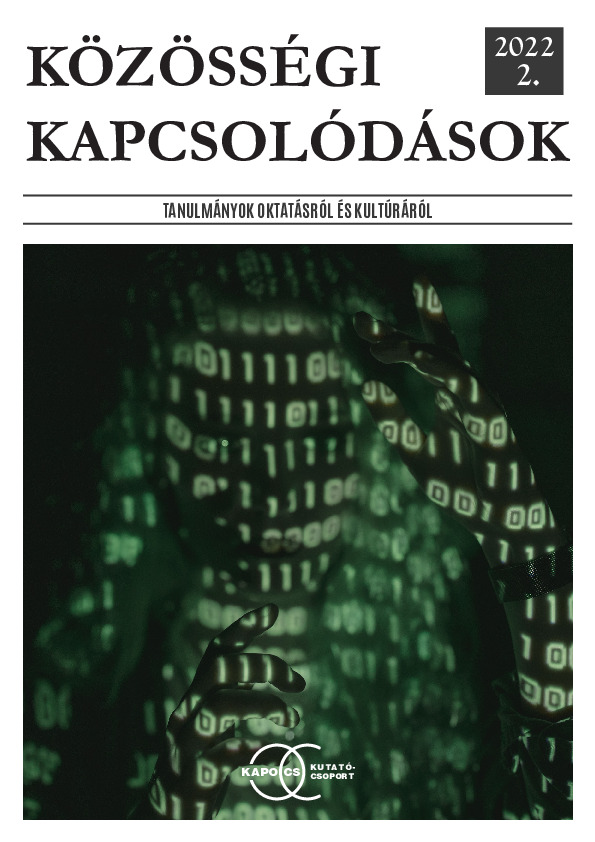Community building in the age of homo digitalis A cultural-philosophical study on the role and possibilities of community building in digital space
Main Article Content
Abstract
The primary goal of the study is to describe the people of today's complete digital space from a cultural-philosophical point of view. The work attempts to clarify the status of the digital space in the light of classical definitions of state and society. In the investigation, the connection between the digital way of life and the distortion of the ability and need for community building must be made transparent. Since homo digitalis no longer acts, but operates at lightning speed with the help of a digital device, he can no longer just linger contemplatively on a question. Information dumping ab ovo excludes this. From the results of the philosophical-anthropological study of homo digitalis, the research concludes that communication between people in digital hyperspace is superficial and does not lead to real cooperation. Beings unified by their digital device, they do not participate in public discourses, do not relate to the events of the outside world, but rather roam hyperspace as extremely narcissistic singularities. The last part of the study shows that the ego, acting as myriad isolated islands, never merges into a politically active community, into an effective we, can come together.

